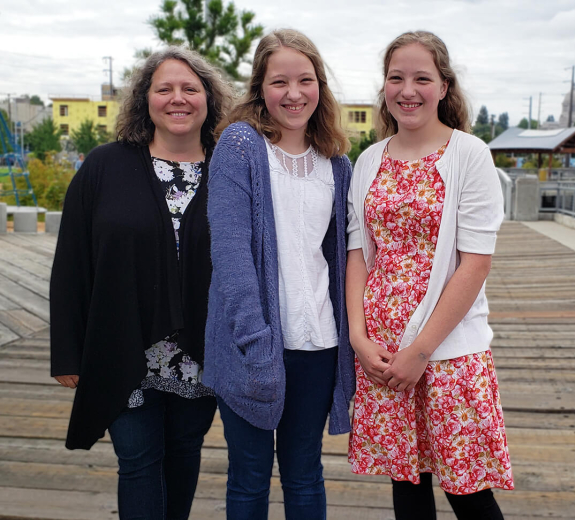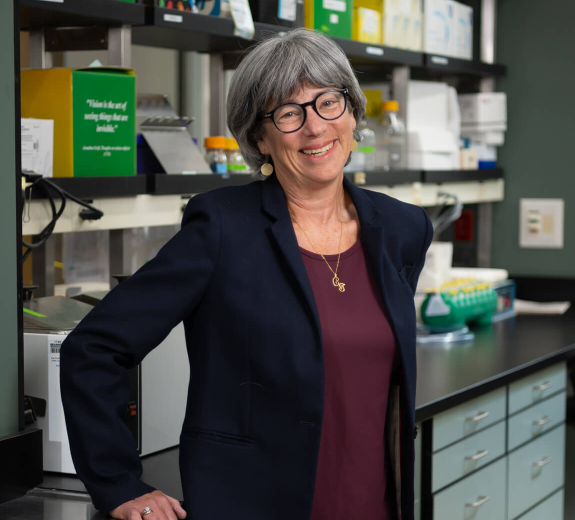This study made a breakthrough earlier this year, when BRI and Type 1 Diabetes TrialNet — a global clinical research network chaired by BRI’s Carla Greenbaum, MD — showed that teplizumab delayed T1D for a median of two years for those at high risk for the disease. The results were announced at the American Diabetes Association 79th Scientific Sessions on June 9 and concurrently published in the New England Journal of Medicine.
“We’ve believed that delaying T1D was possible for decades, and we finally found a way to do it,” Dr. Greenbaum says. “It’s a step toward delaying T1D for longer, and hopefully preventing it altogether.”





